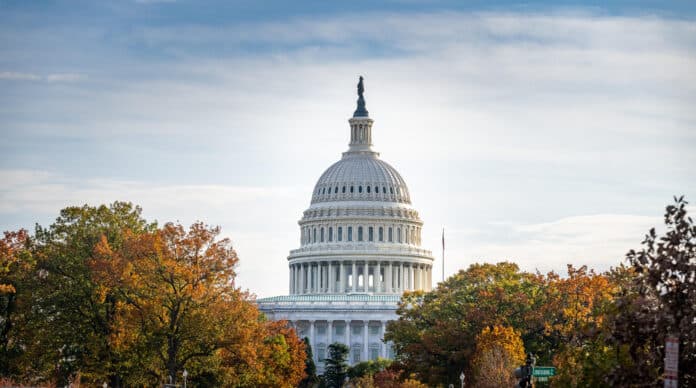A revolt by House conservatives intent on cutting more spending than the earlier deal struck by President Biden and Speaker Kevin McCarthy threatens to derail the FY 2024 USDA and other spending bills.
The House Rules Committee ditched action on a debate rule needed for the House to act on the FY 2024 USDA-FDA spending bill before the long August recess, setting up a September showdown on Ag and other funding bills.
GOP conservatives want more cuts, Democrats fewer. Ag Appropriations Chair and Freedom Caucus member Andy Harris defended his panel’s bill, “We simply cannot continue down this path of spending massive amounts of taxpayer dollars without regard to the fiscal future of our nation. This bill takes the same approach American families take every day—they simply have to do more with less under the Biden economy.”
But Rules Committee top Democrat Jim McGovern says many can’t, and cuts to programs like WIC will make it harder. McGovern, “Republicans are passing a bill that would create waiting lists for hundreds of thousands of new moms and very young kids. To double down on the cruelty, this bill actually cuts by up to 70 percent the fruit and vegetable benefit in WIC.”
The USDA bill is advertised at more than $25 billion, but to get to that figure, redirects nearly $7.5 billion in unspent Inflation Reduction Act funds, with a net two percent cut in current spending. But Ag Appropriations Ranking Democrat Sanford Bishop says the real cut is much worse, “The majority is returning American agriculture to the 2007 funding level. When you cut through all the recessions and the repurposing of funds, we end up with an allocation of 17.8 billion dollars.”
Not the $25 billion-plus Republicans claim.
But Ag spending Chair Harris defended the bill’s advertised cut of two percent from current levels and its limits on CCC spending, mailing of anti-abortion drug mifepristone, and its tougher reviews of foreign adversaries’ U.S. farmland buys.


